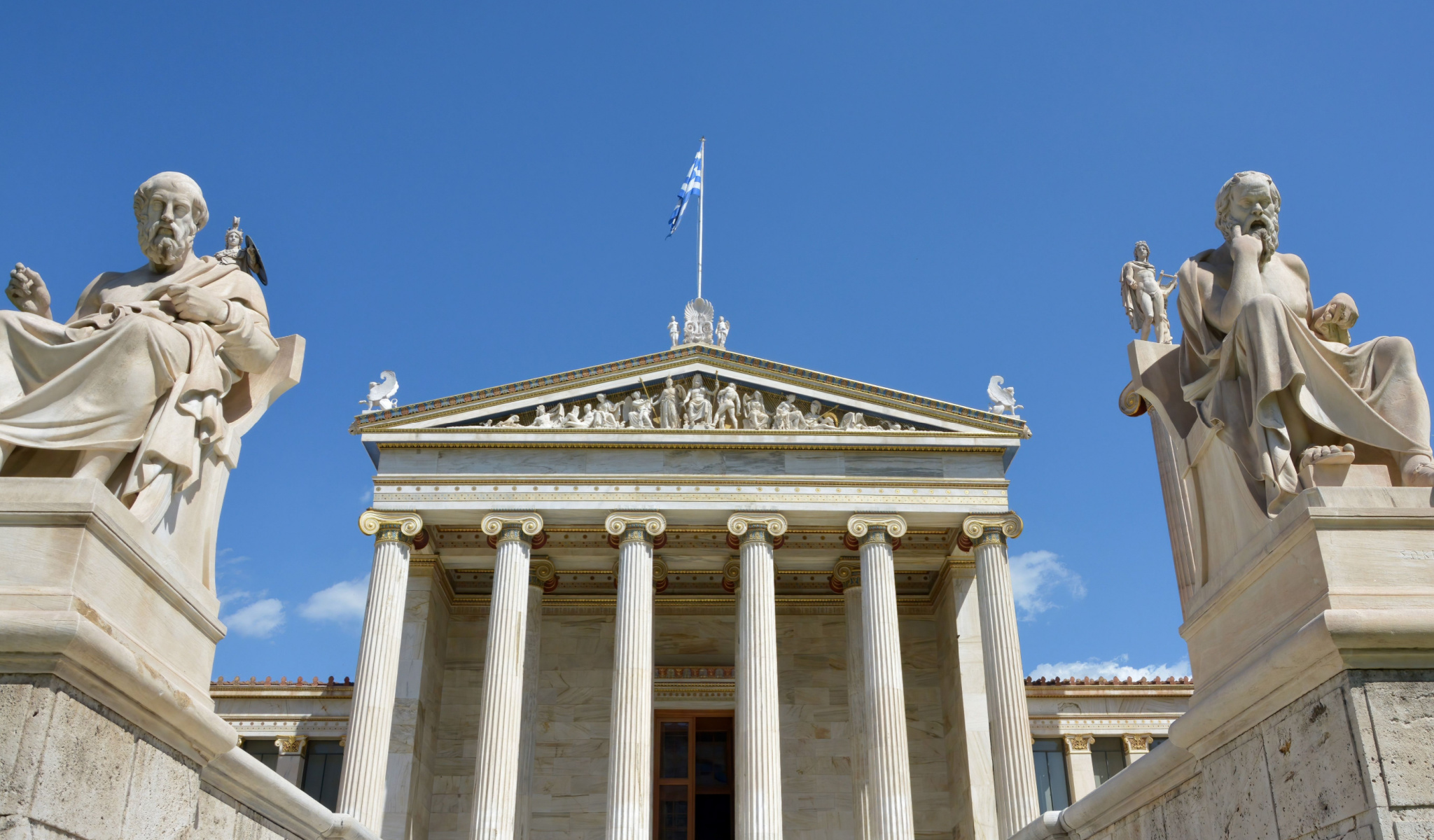
Federal law, drawing on the US Constitution, recognizes only two types of speech: protected and unprotected. That is no less true today than it was before the current conflict broke out in the Middle East.
Unprotected speech is a very narrow category—basically, defamation (in the legal sense), incitement to riot, and terroristic threats. Practically everything else is protected, including speech you don’t like, speech people who disagree with you don’t like, speech hardly anyone likes, and “hate speech” (which is not actually a thing).
The problem with being a free speech advocate is that you have to defend other people’s right to say things you find abhorrent. Otherwise, as greater luminaries than I have observed, freedom of speech as a concept has no meaning.
In other words, free speech cuts both ways. You can’t complain about being canceled for speaking your mind while wishing cancellation on others who do the same—even if they’re chanting “From the river to the sea” or referring to Jews as subhuman.
But that is exactly what some self-styled conservatives are doing right now—particularly those demanding that college professors lose their jobs for expressing pro-Palestinian and/or anti-Israel views on social media.
As a college professor who has faced the wrath of the mob on more than one occasion, I believe that sets a dangerous precedent.
Don’t get me wrong: I personally find such views abhorrent. I’m also aware that many find my views on various topics equally abhorrent. Yet both sets of opinions, as well as their vocal, public expression, are protected by the First Amendment.
This is not about moral equivalency. I believe my perspective is right and theirs horrifically wrong, if not evil. I just don’t want to live in a country where whoever has the upper hand at the moment gets to decide what everyone else is permitted to say.
As it stands, the US does not have “hate speech” laws, and that is as it should be. Such laws would clearly be unconstitutional. It’s not nice to hate people, but the government cannot prevent you from doing so, regardless of who those people are or your reasons for hating them.
Thus, while anti-Semitic rhetoric is immoral, it’s not illegal—nor should it be. It’s protected speech under the First Amendment.
Not all speech, however, enjoys such protection. An example would be terroristic threats—like those made by the UC Davis professor who encouraged her (his?) social media followers to murder Jewish journalists. Such speech is probably criminal.
It’s also, in my opinion, a fireable offense, since UCD’s journalism program almost certainly includes Jewish students, and there are likely Jewish journalists among UCD alumni. Not wishing violent death on your own students, past or present, is kind of a baseline condition for working in academia.
The same goes for any professor who directly incites a riot. That’s not protected speech, either.
Colleges also have every right to prohibit faculty members from using their lecterns to verbally attack Jews (or anyone else). As I wrote recently, what professors at state schools say in the classroom generally is not covered by the First Amendment.
And since such speech is almost certainly irrelevant to their courses, it would likely not fall under “academic freedom,” either.
Private colleges are a bit more complicated. Because they’re not government entities, they’re not bound by the First Amendment. Most have their own speech policies, along with procedures for monitoring compliance.
There are, however, other ways to oust anti-Semitic professors besides firing them for protected speech. For instance, what if no students took their classes? What if parents didn’t send their kids to that school? What if alumni stopped donating (as we already see happening)?
Eventually, colleges may have little choice but to cut ties with professors who are hemorrhaging students while costing them millions. Problem solved.
That’s not cancellation or censorship. It’s just the market at work. Those professors may be free to say what they want, within limits, but the rest of us are free not to give them our time, money, or children.
What we can’t do, though, is act like censorious leftists, demanding the scalp of anyone who says something we don’t like. That is a strategy I fear will not end well for us. More importantly, it’s contrary to our values.
Because either we’re the side that truly believes in free speech—or else there is no such side anymore.
Disclaimer
Some of the posts we share are controversial and we do not necessarily agree with them in the whole extend. Sometimes we agree with the content or part of it but we do not agree with the narration or language. Nevertheless we find them somehow interesting, valuable and/or informative or we share them, because we strongly believe in freedom of speech, free press and journalism. We strongly encourage you to have a critical approach to all the content, do your own research and analysis to build your own opinion.
We would be glad to have your feedback.
Source: Brownstone Institute Read the original article here: https://brownstone.org/

